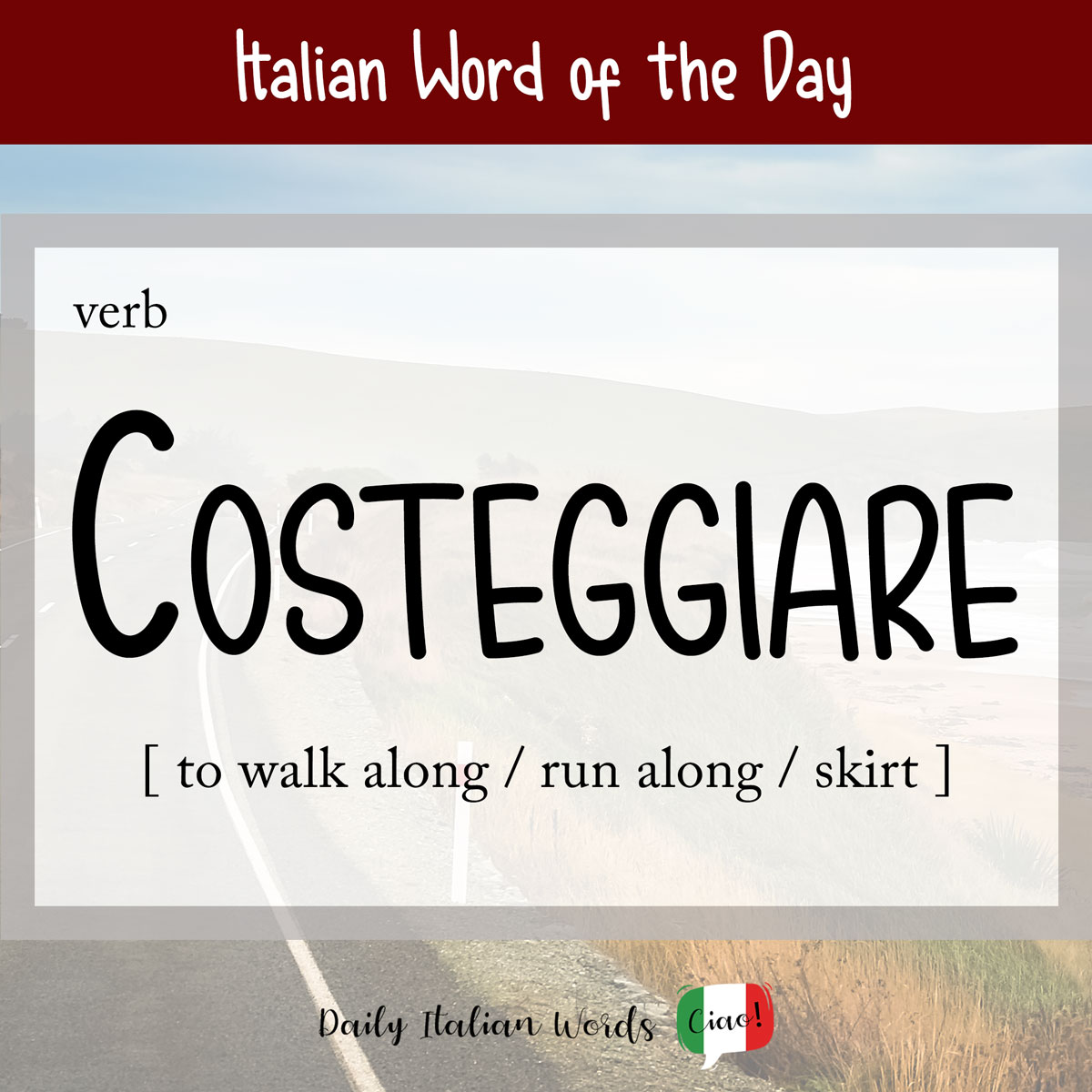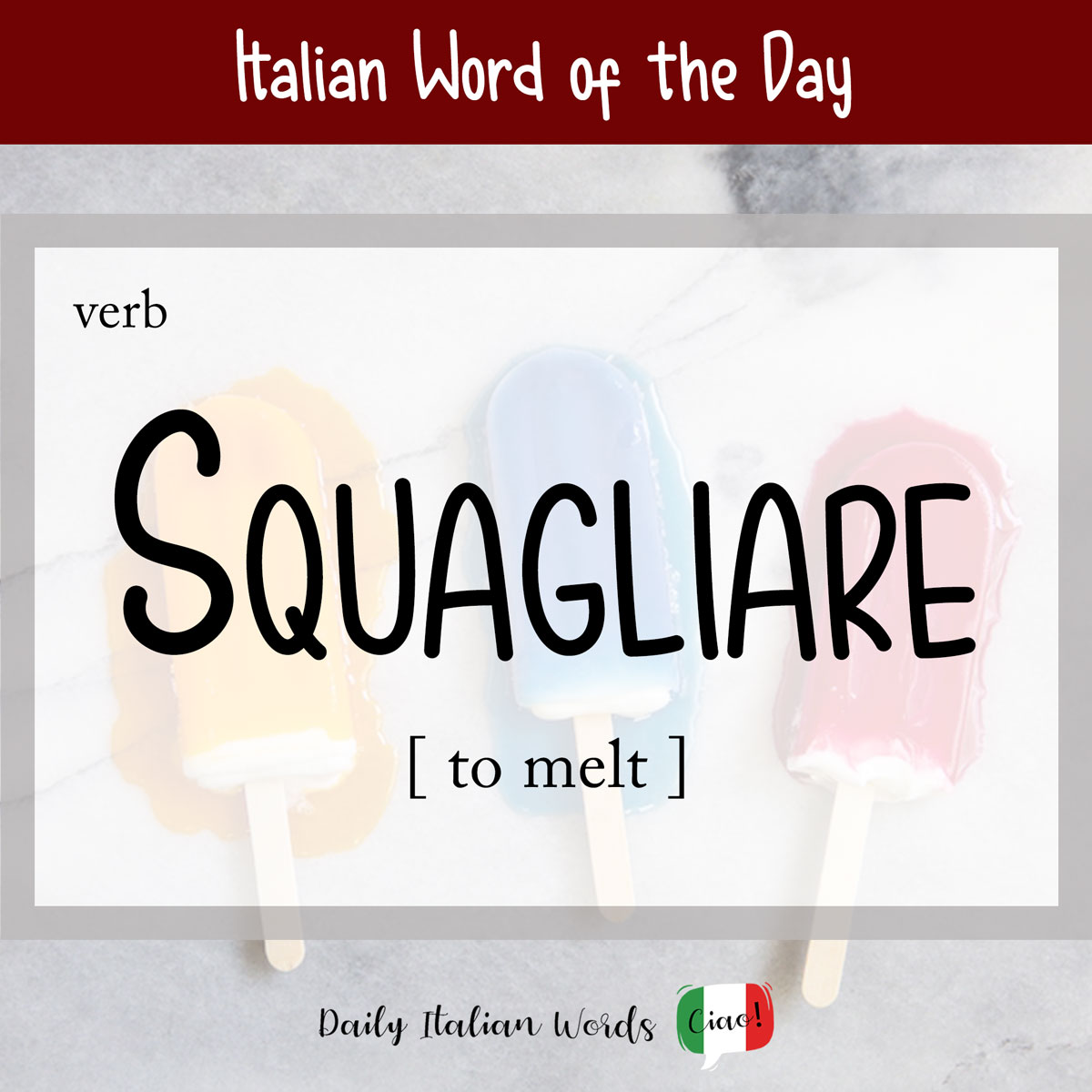Italian Word of the Day: Attraversare (to cross / go through)
An Italian word that many of our readers have asked us to write about is the verb attraversare. If you haven’t watched many Hollywood films set in Italy, you might be curious about why this word is so popular. Let’s discover the reason now! attraversare to cross / go through In the movie Eat Pray …






